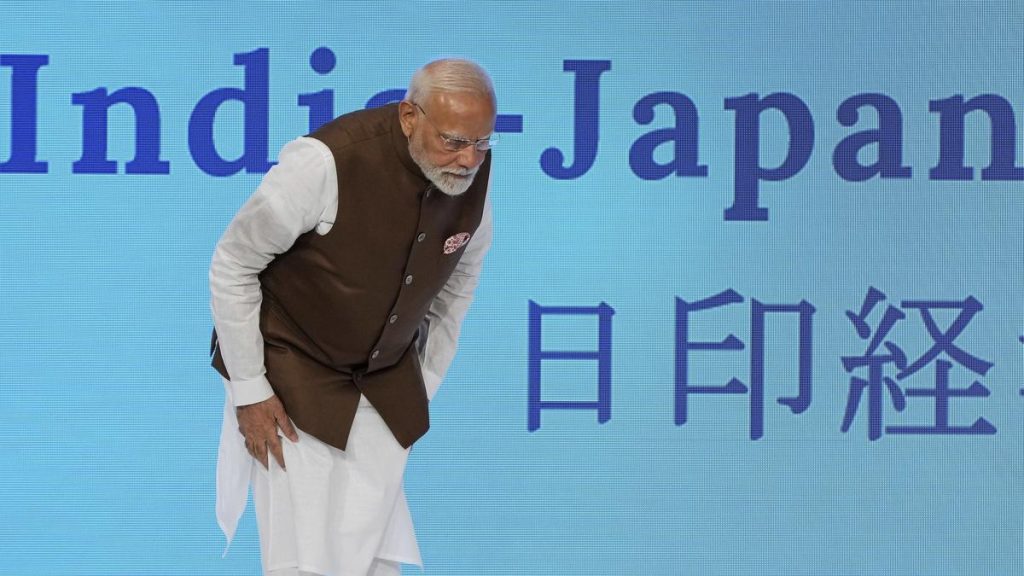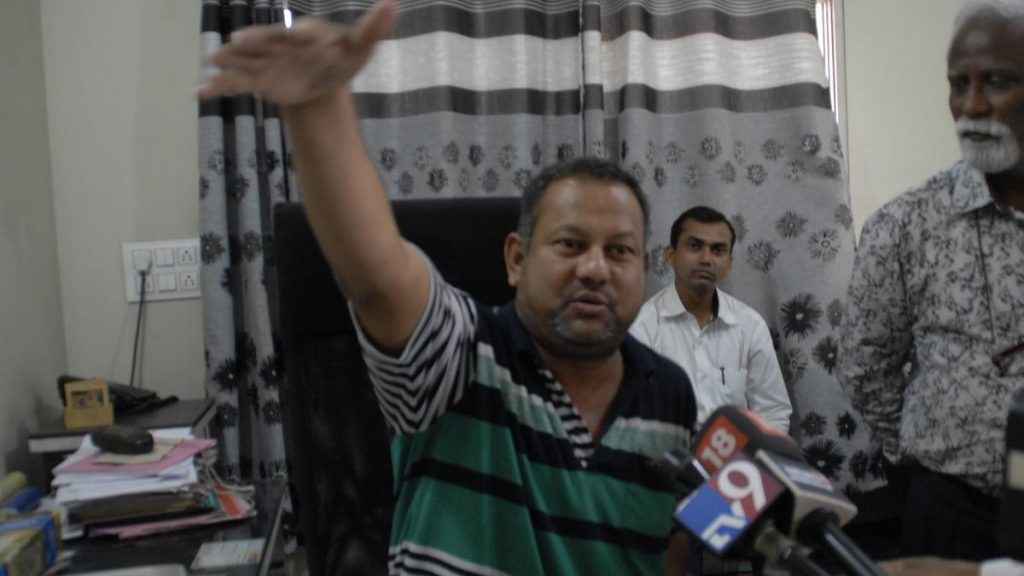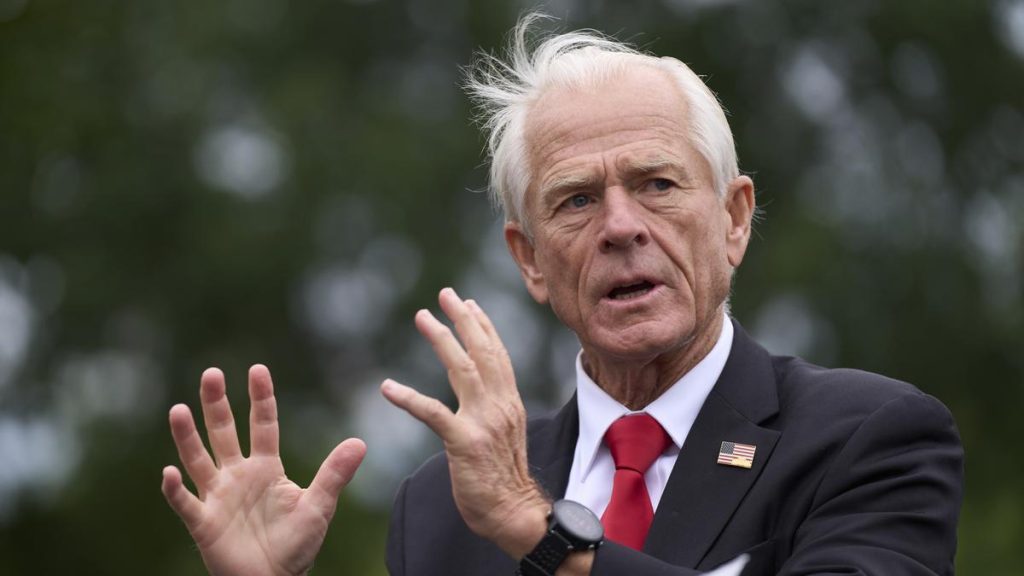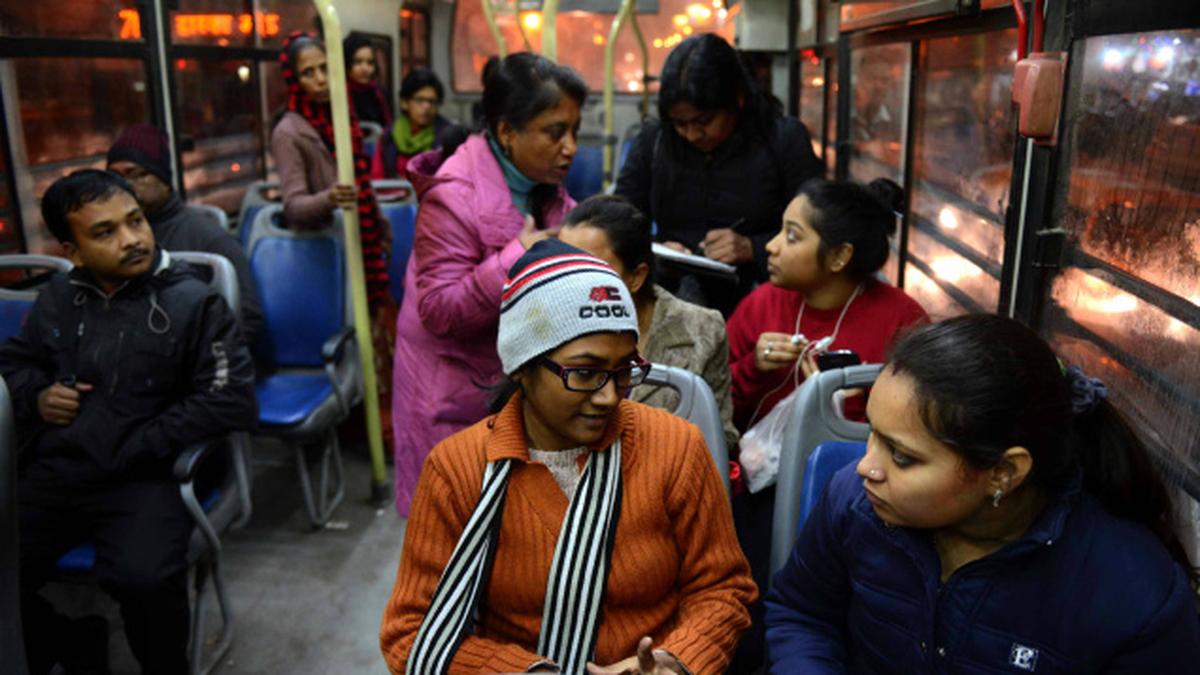Now Reading: Thiruvananthapuram Launches Matsya Shakthi to Empower Minority Fisher Families
-
01
Thiruvananthapuram Launches Matsya Shakthi to Empower Minority Fisher Families
Thiruvananthapuram Launches Matsya Shakthi to Empower Minority Fisher Families

Quick Summary
- The Matsya Shakthi project, aimed at empowering minority fishermen communities in Thiruvananthapuram district, has been launched under the Pradhan Mantri Virasat Ka Samvardhan (PM VIKAS) scheme.
- Union Minister of State for Fisheries, Animal Husbandry and Dairying, and Minority Affairs George Kurian inaugurated the initiative.
- the project targets 700 fisher families with skill progress and vocational training programs implemented by ICAR-Central Marine Fisheries Research Institute (CMFRI) at its Vizhinjam Regional Center.
- Training includes techniques like cage fish farming, artificial breeding for seed production, pearl farming, oyster farming, and seaweed cultivation.
- Participants completing the training will receive support to establish entrepreneurial ventures in diversified fisheries-related areas.
- The initiative aims to improve employment prospects, wages, quality of life through modern technology adoption within minority fisher communities.
- A Memorandum of Understanding (MoU) was signed between Ministry of Minority Affairs and CMFRI for the implementation of Matsya Shakthi.
- Leadership and entrepreneurship courses designed specifically for women are part of the program.
Indian Opinion Analysis
The Matsya Shakthi project reflects a focused approach towards community empowerment through targeted skill development initiatives. By aligning with the PM VIKAS scheme’s objective to support minorities using modern technologies and expanding their economic opportunities in specialized sectors like fisheries management, this program provides both immediate livelihood benefits as well as long-term entrepreneurial potential.
A notable aspect is its emphasis on inclusivity-offering customized leadership courses exclusively for women highlights an attempt to address gender disparities while equipping them with key entrepreneurial skills. Furthermore, partnerships such as MoUs between government bodies like CMFRI underline institutional coordination integral to effective project execution.
This initiative could have broader implications beyond fisherfolk communities if replicated across other sectors or districts-it presents a scalable model integrating social inclusion through technological modernization while fostering self-reliance among underserved populations.
Read more at: [SOURCE LINK]























